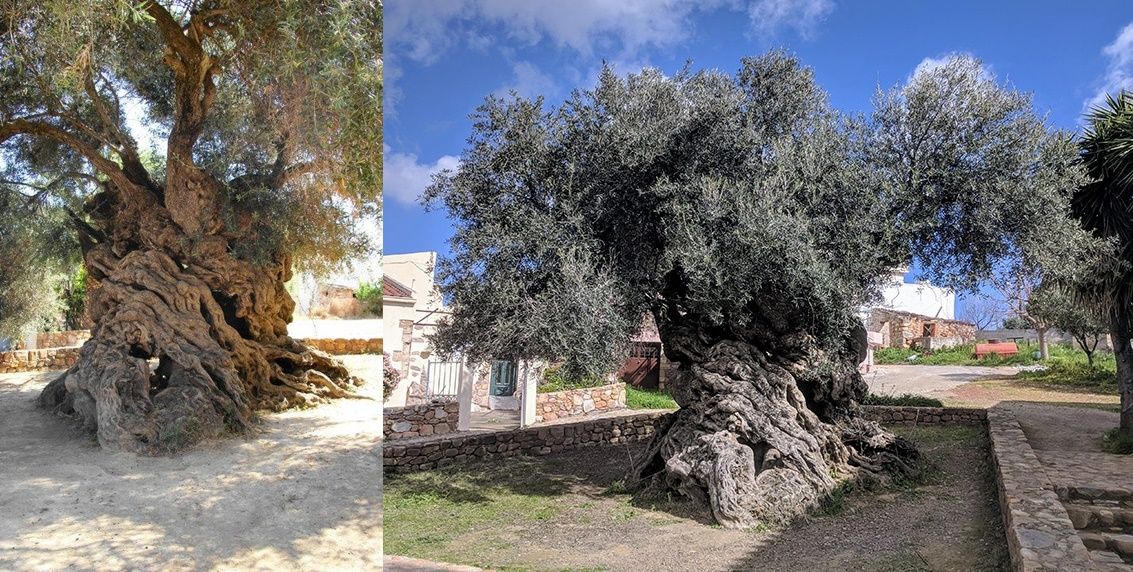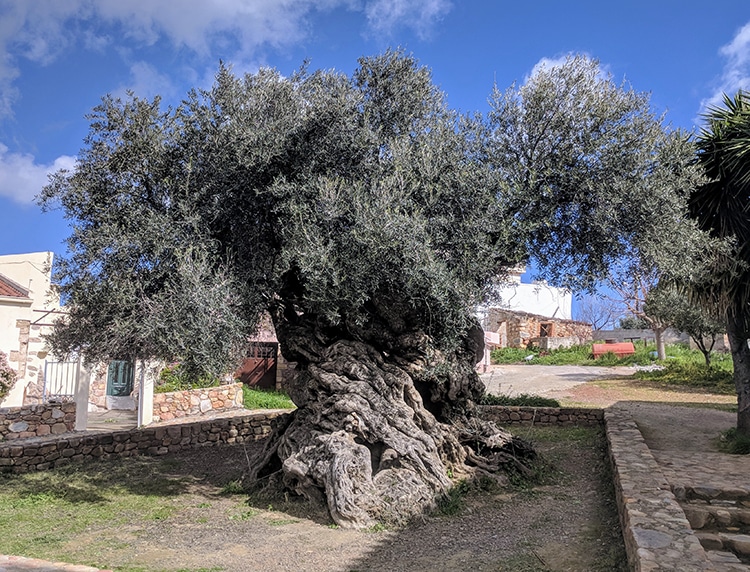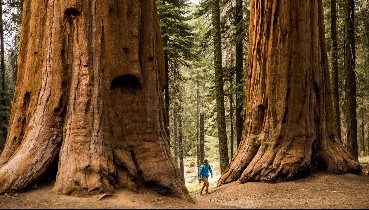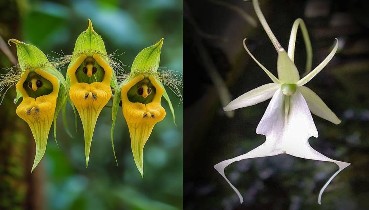

3,000-Year-Old Greek Olive Tree in Greece Still Grows Olives

The magnificent Olive Tree of Vouves in the village of Ano Vouves in Crete, Greece. (Photo: Eric Nagle via Wikimedia Commons, CC BY-SA 4.0)
Trees have a certain steadfast, understated beauty. Their longevity means they see people, seasons, and even historical events come and go. Some trees have seen more than others. One twisted, magnificent olive tree in the village of Ano Vouves on the Greek island of Crete has seen millennia spanning from the fall of the Roman Empire to the return of the Olympics to Athens in 2004. The Olive Tree of Vouves is thought to be thousands of years old. Despite this impressive age, the living tree still produces olives for harvest.
Olives were being grown commercially on Crete at least 3,000 years ago. Olive oil figured heavily in diets and literature. The Vouves tree dates to this error of important production. Isotope dating is not possible as the tree's heartwood has decayed within its twisted 15-foot diameter. However, its rings show it has been around for at least two millennia. This baseline estimate could be on the low end of possibility, though, with other estimates ranging upwards to 4,000 years old.
After all these years, one might expect the tree to be withered and dry. However, cultivars (grafted plants) have enabled the tree to continue producing olives. Its boughs adorned the head of winners at the 2004 Athens Olympic Games, an iconic return to tradition. While the Olive Tree of Vouves is now protected, it is not the only ancient tree in the world. A Great Basin bristlecone pine (Pinus longaeva) in California is 4,854 years old. This means its seed germinated in 2832 BCE while early Mesopotamian civilizations were crafting cities and trading, and Egypt was beginning its Second Dynasty. Another olive tree, known as “The Sisters” or “Sisters Olive Trees of Noah” in Lebanon, is estimated to be 6,000 years old. These trees have survived wars, pandemics, droughts, and fires—true displays of resilience.
This ancient olive tree on the Greek island of Crete still produces olives after over 2,000 years.
The at least 2,000 year old olive tree of Vouves,on the island of Crete,still bears olives. The tree stood here when Rome burned in AD64, and Pompeii was buried under a thick carpet of volcanic ash in AD79. Cemeteries from the Geometric Period (900-700 BC) were discovered nearby. pic.twitter.com/yVsLqfKPwe
— Ticia Verveer (@ticiaverveer) May 6, 2018
Recommended Videos
 Meet Temminck’s tragopan208 views
Meet Temminck’s tragopan208 views Photographer Takes Close-Up Photos In Nature Amazing.16844 views
Photographer Takes Close-Up Photos In Nature Amazing.16844 views-
Advertisements
 These Amazing Striped Icebergs in Antarctica Look Like Candy..493 views
These Amazing Striped Icebergs in Antarctica Look Like Candy..493 views Largest Eagles in the World Are So Big That Their Talons Are Bigger Than Bear Claws140 views
Largest Eagles in the World Are So Big That Their Talons Are Bigger Than Bear Claws140 views 10 of the Largest Living Things on the Planet88 views
10 of the Largest Living Things on the Planet88 views The boat-billed heron (Cochlearius cochlearius), colloquially known as the boatbill, is an atypical member of the heron family21331 views
The boat-billed heron (Cochlearius cochlearius), colloquially known as the boatbill, is an atypical member of the heron family21331 views 10 Baby-Friendly Places For The Perfect Babymoon461 views
10 Baby-Friendly Places For The Perfect Babymoon461 views Fishermen set a record for the most distinctive and heaviest golden catfish in the Ebro River740 views
Fishermen set a record for the most distinctive and heaviest golden catfish in the Ebro River740 views



